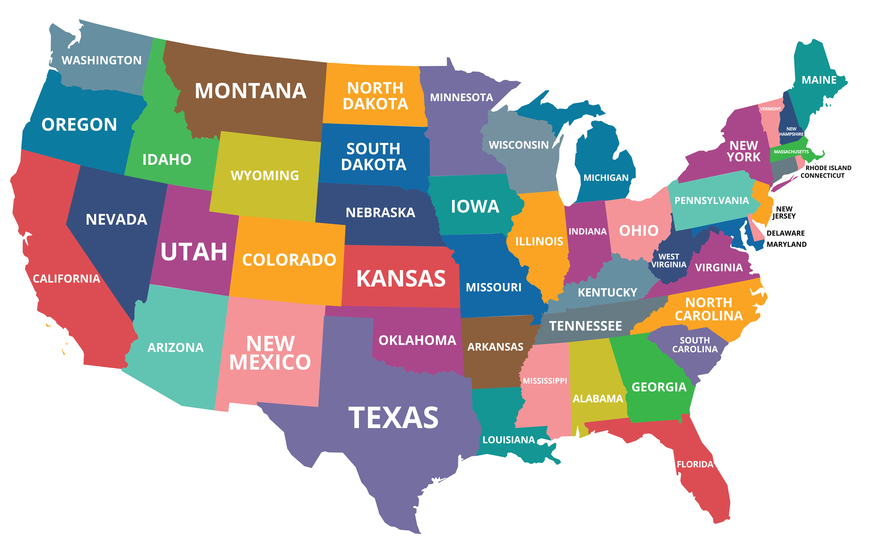From time to time we see nonprofit clients adding employees and conducting activities in new states in which they haven’t operated before. Often it is just one employee, perhaps a development person working from their home or a shared workspace. Although hiring an employee in another state may not seem like a significant event, many businesses don’t realize that it triggers several compliance obligations.
Registering to “Do Business”
For instance, most states require corporations doing business inside their borders to register as a foreign corporation before conducting business. Each state defines doing business differently so it is important to check state law before registering. Although you might think your presence is too small to be noticed, some states cross reference their unemployment tax system and income tax system with their business license system and send out penalty notices if they don’t match.
Registering to Solicit Funds
If the nonprofit will be soliciting contributions in the new state, the nonprofit must consider whether this triggers a duty to register to solicit with that state. Currently, approximately 31 states and the District of Columbia require such registrations.
Hiring Out of State Employees
Perhaps the most potentially costly issue is that all states require that all employees, even those working from home, be covered by workers compensation insurance. Workers compensation insurance policies are state specific so be sure to notify your carrier before entering a new state so that your policy can be endorsed.
Remember, even an employee working from home file a claim against you for injuries sustained on the job. Hiring employees in new states will also impact payroll processing as rates for income tax withholding, unemployment tax and workers compensation insurance must be calculated, withheld and remitted.
Of course, each state also has its own minimum wage, overtime rules, tip rules, income tax and employment laws which clients must adhere to. Failure to comply can subject a company to penalties for violating rules they did not know existed.
Finally, having an employee, even a leased employee, can create nexus for tax purposes subjecting the organization state taxes.
For most tax-exempt nonprofits, this is a non-issue with respect to exempt income; however, it may trigger state tax on unrelated business income. Many of our small nonprofit clients or clients with employees in multiple states choose to hire a professional employer organization (PEO) to manage their payroll and human resources to ensure compliance in this area.
Ellis Carter is a nonprofit lawyer with Caritas Law Group, P.C. Ellis advises nonprofit and socially responsible businesses on corporate, tax, and fundraising regulations. Ellis is licensed to practice in Washington and Arizona and advises nonprofits on federal tax and fundraising regulations nationwide. Ellis also advises donors with regard to major gifts. To schedule a consultation with Ellis, call 602-456-0071 or email us through our contact form.

